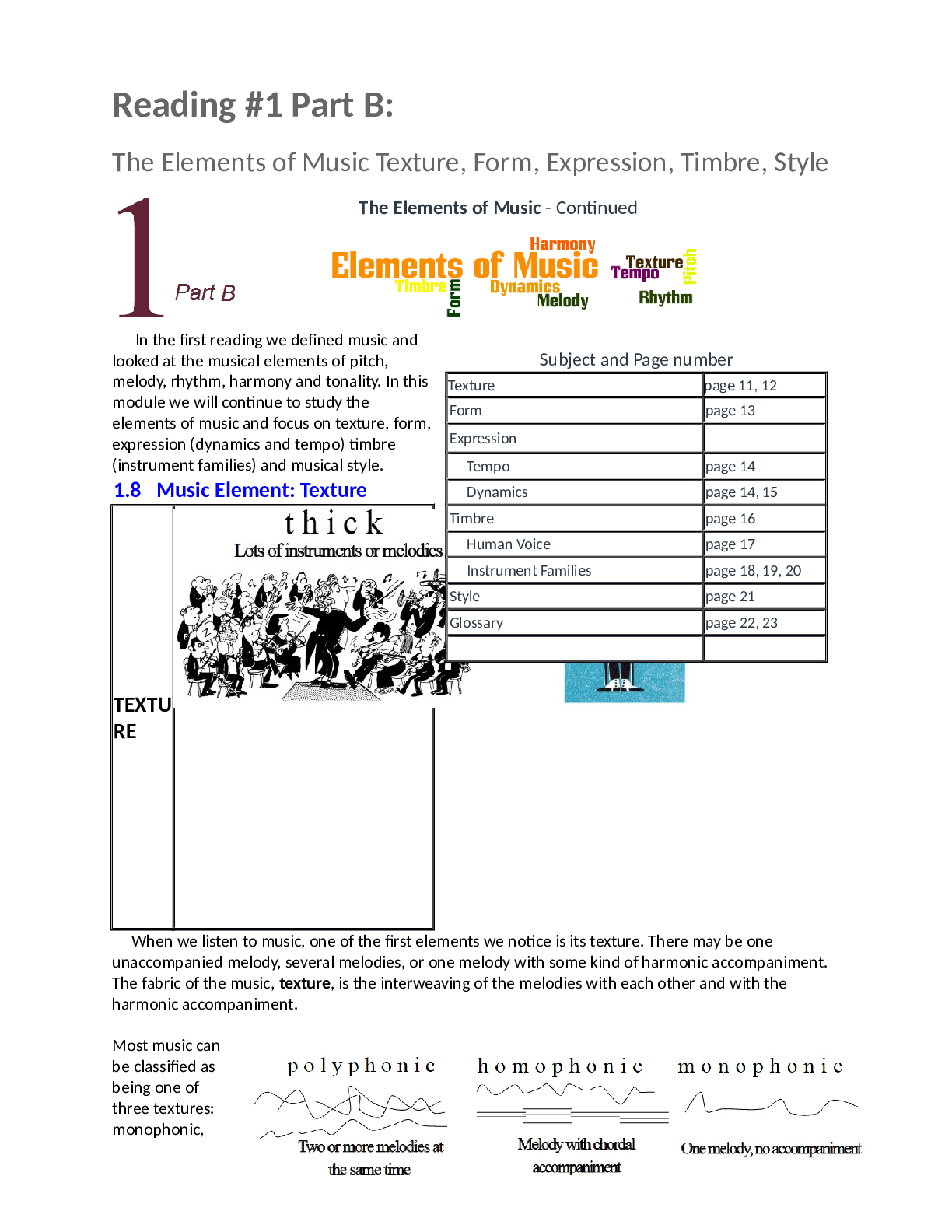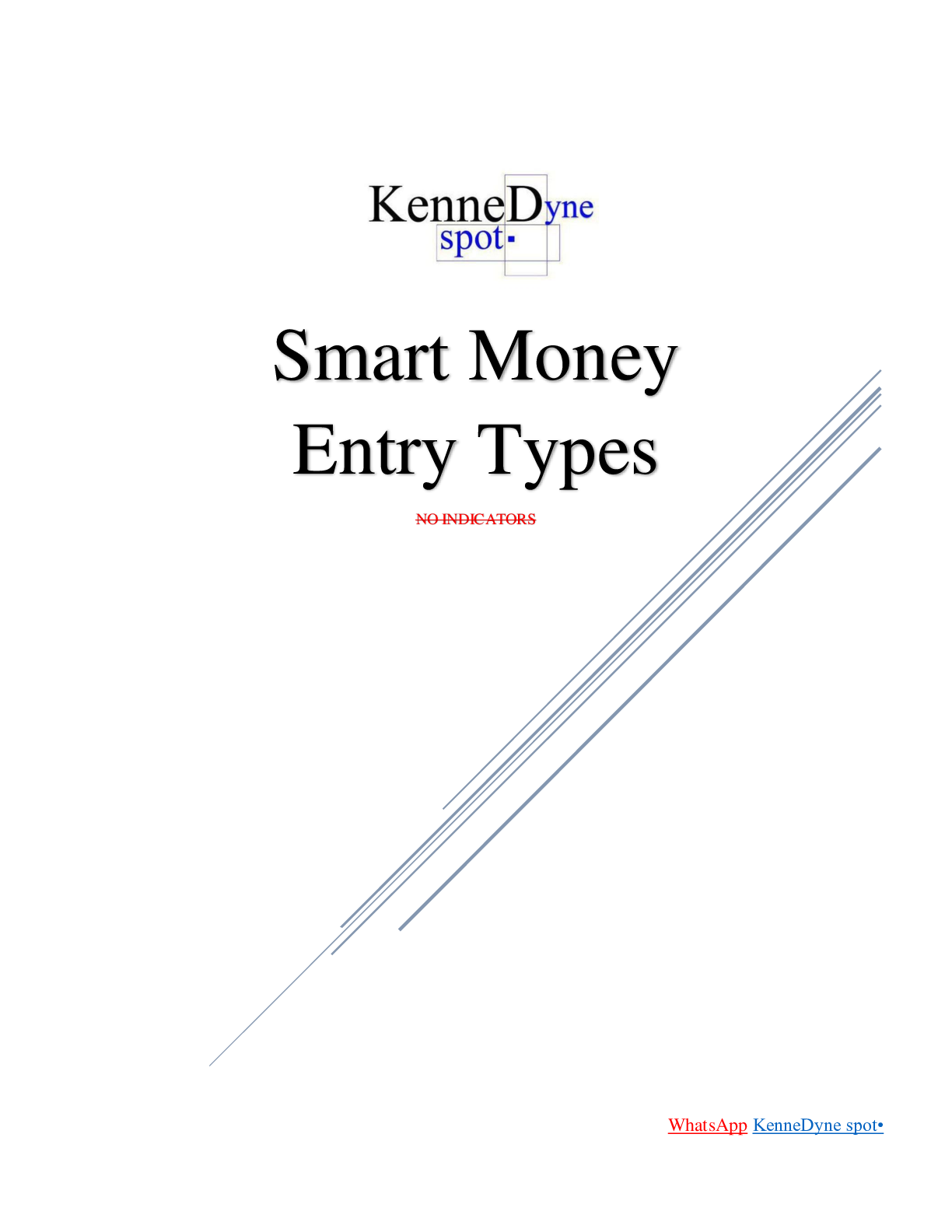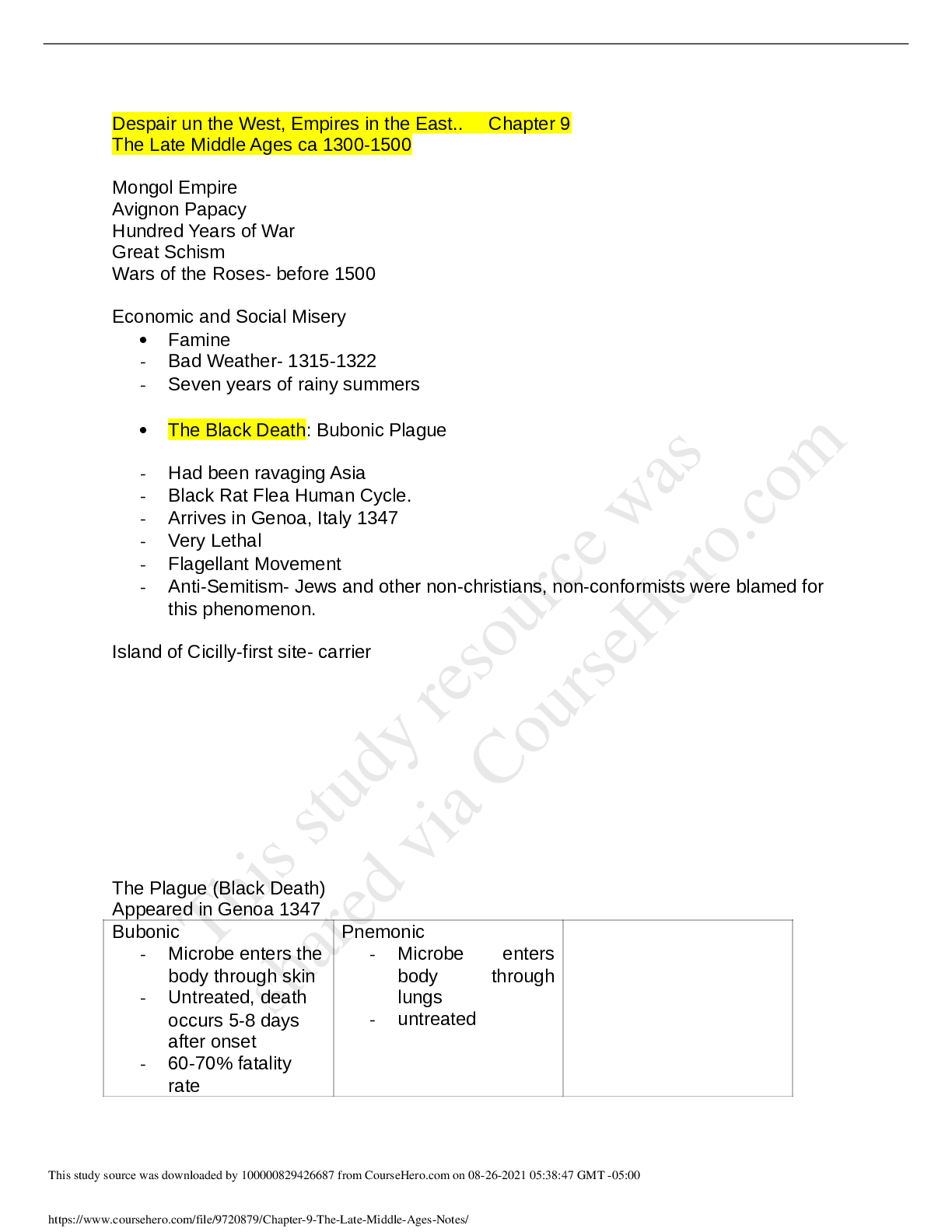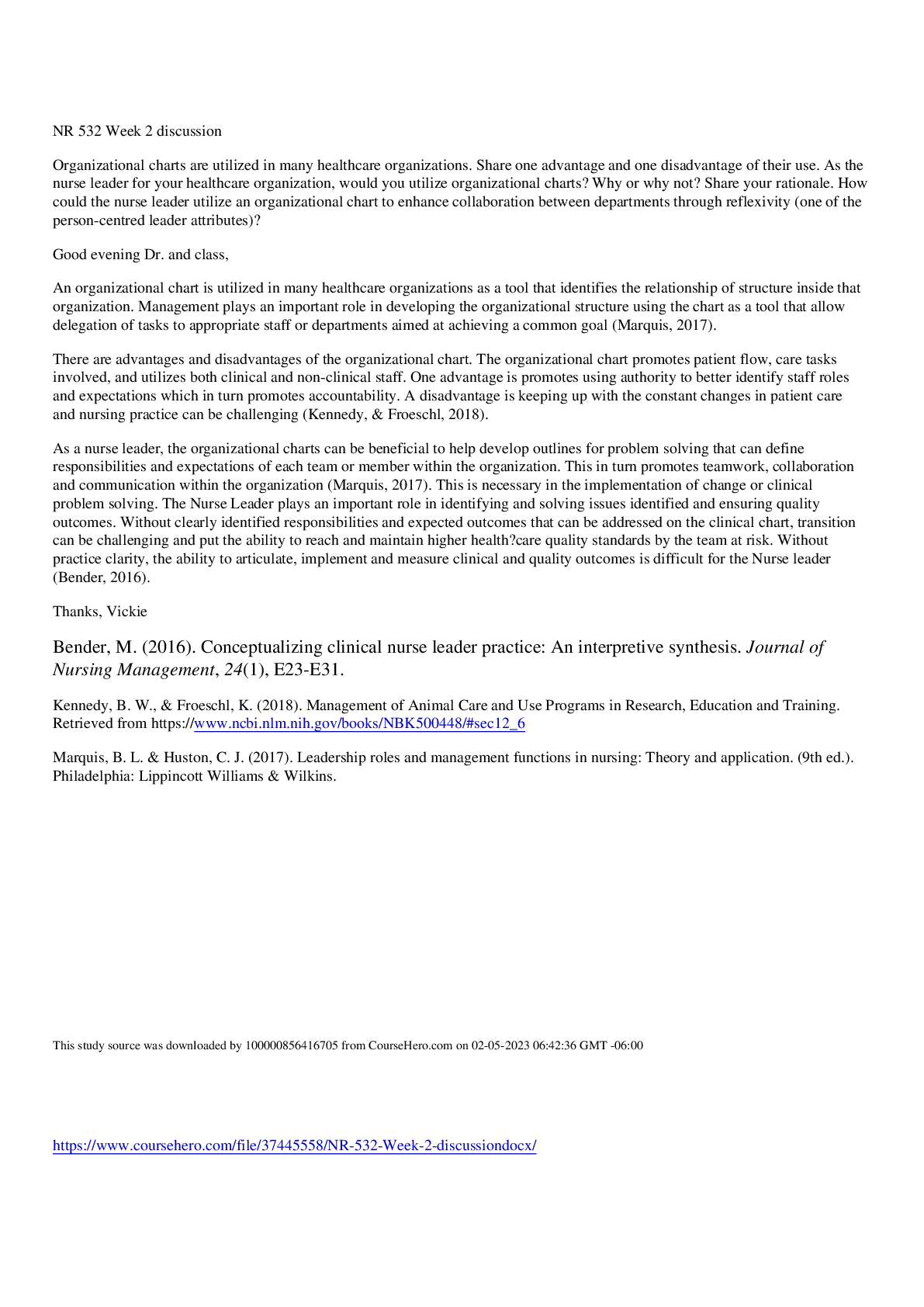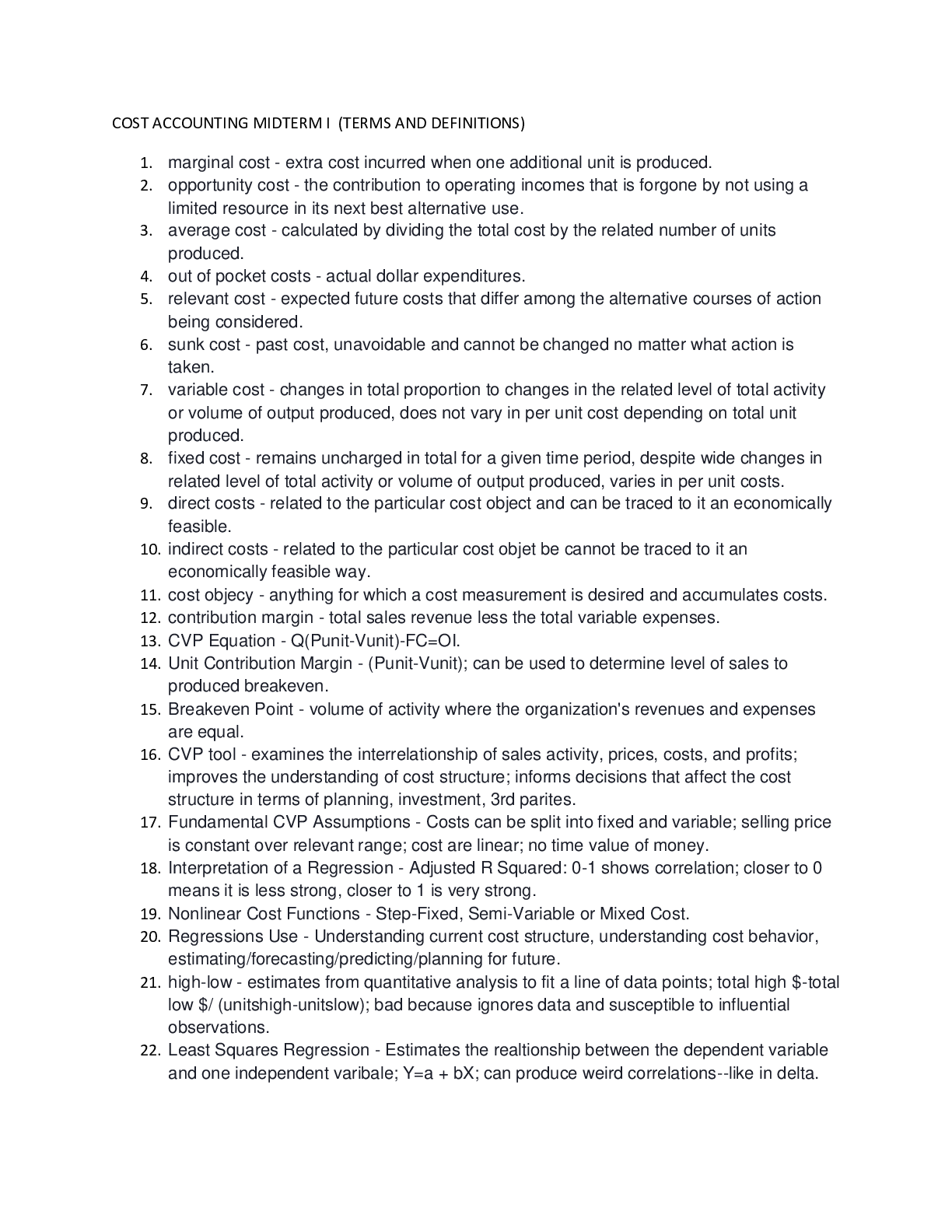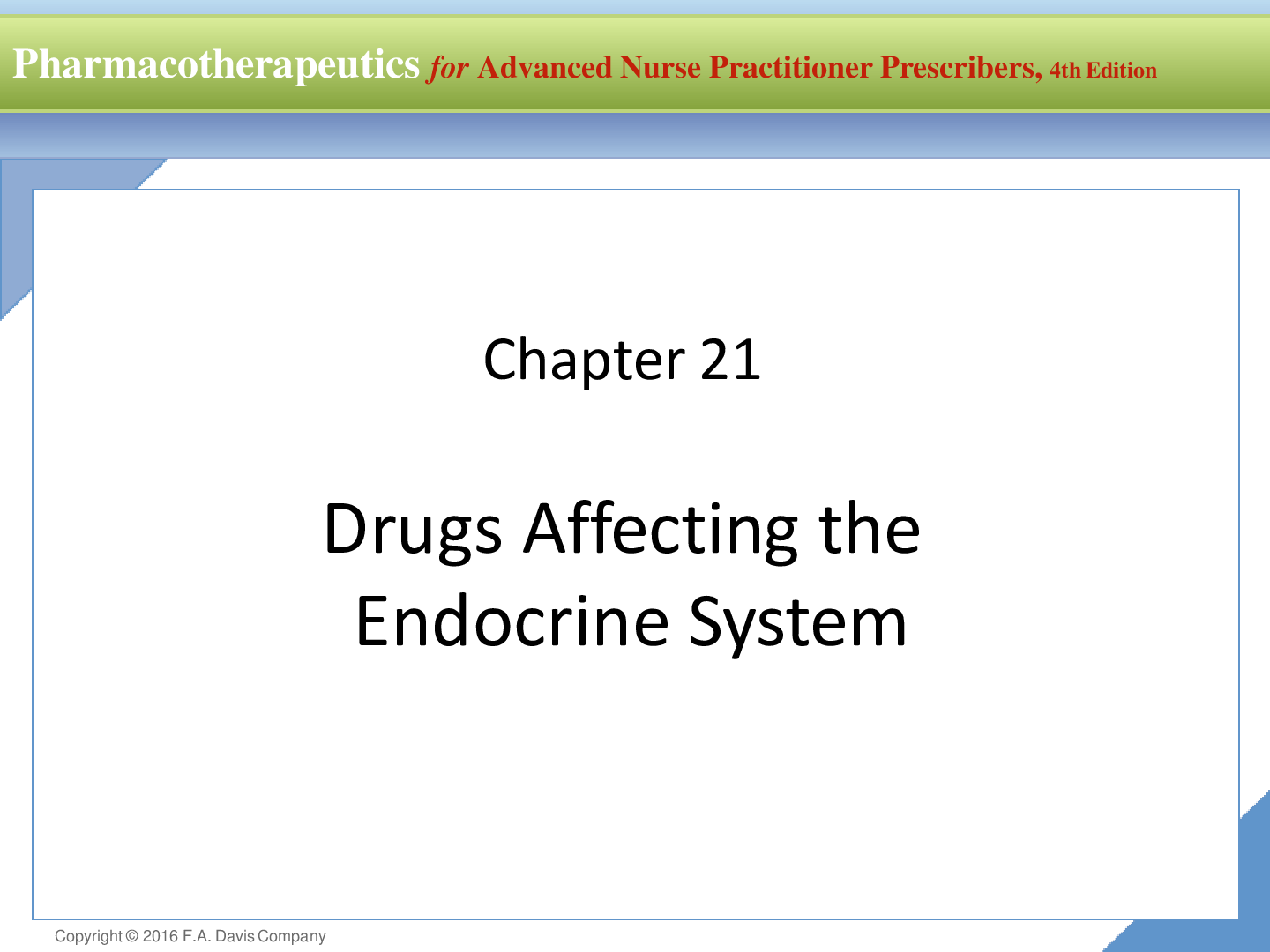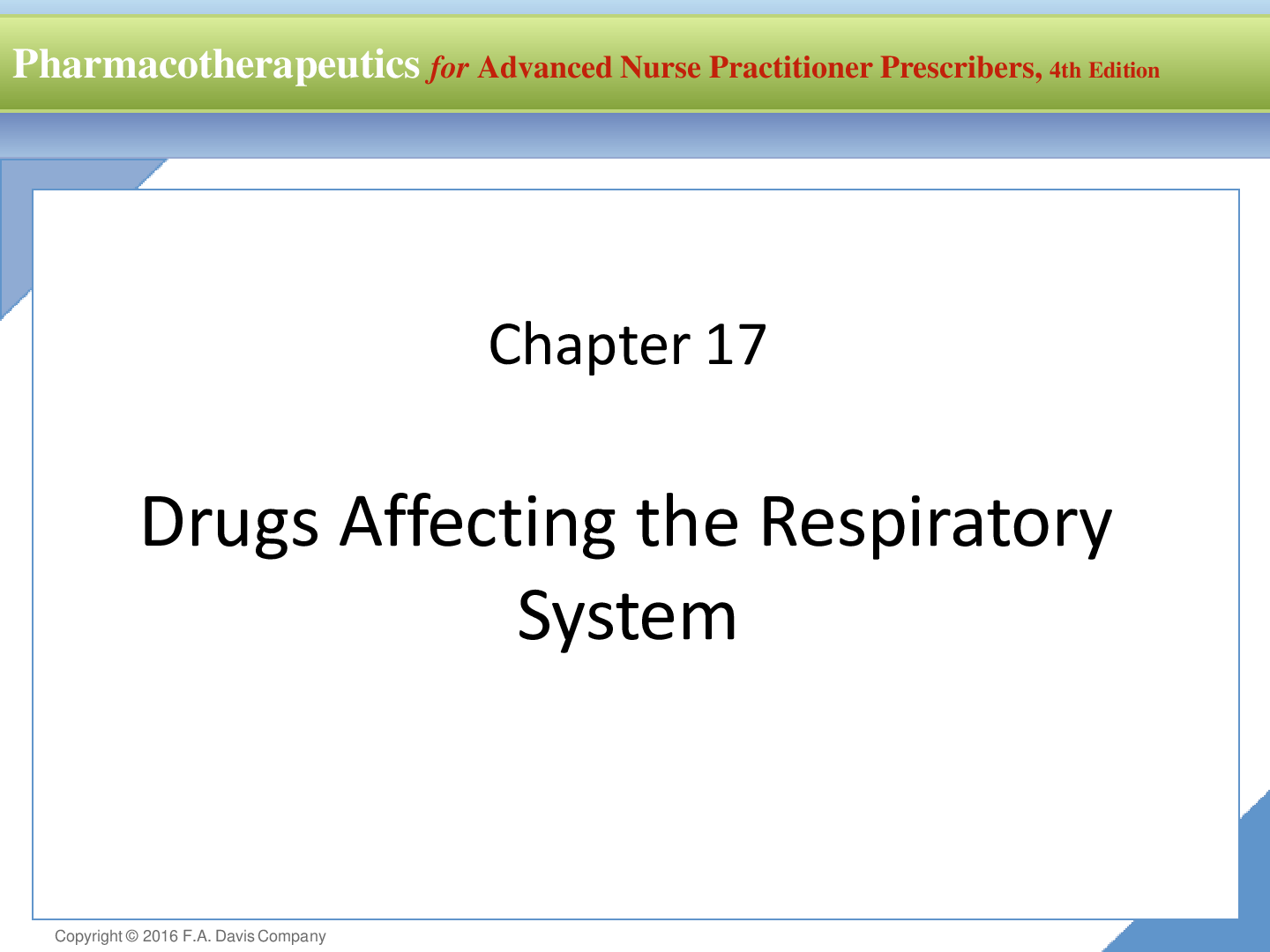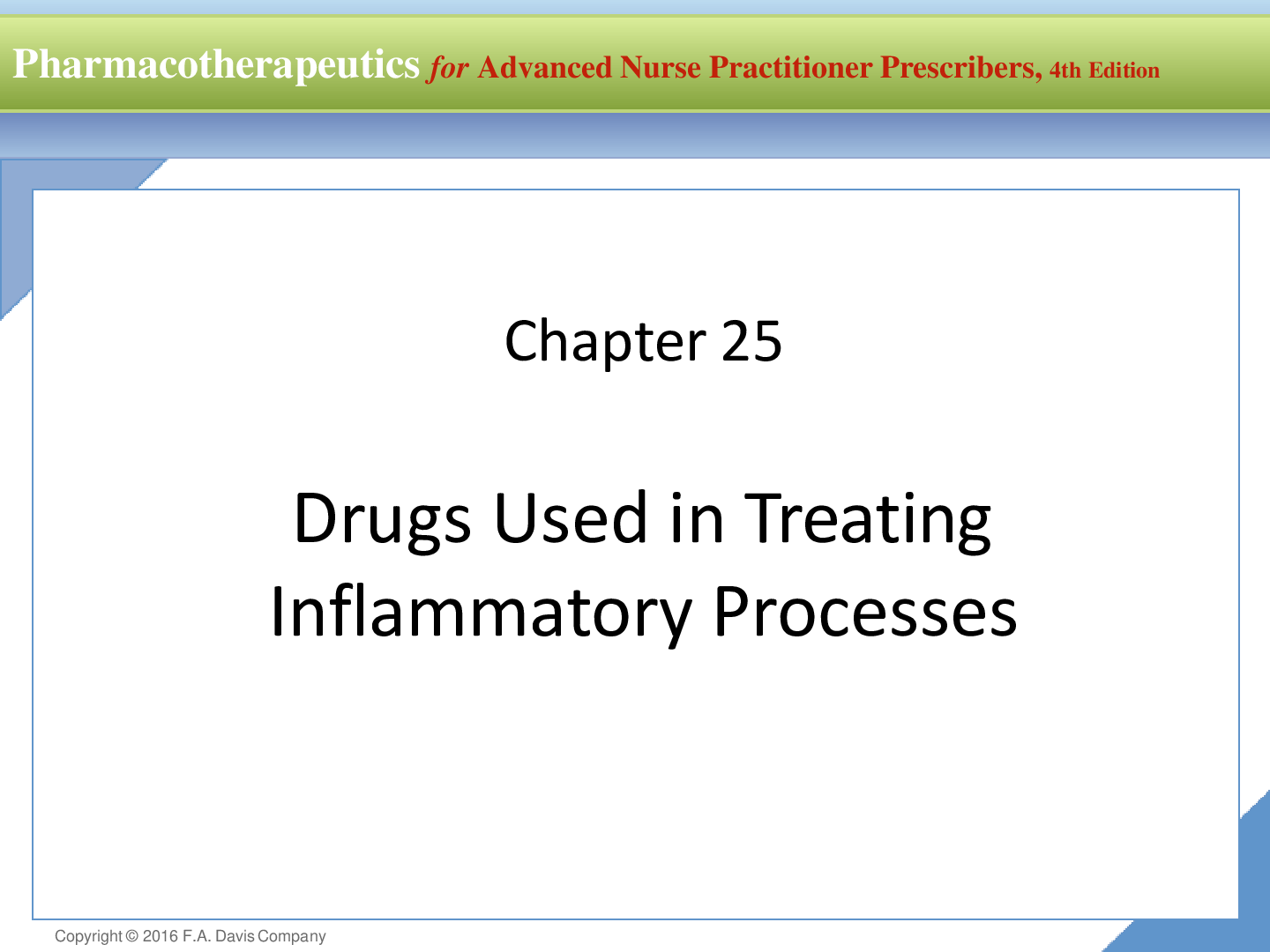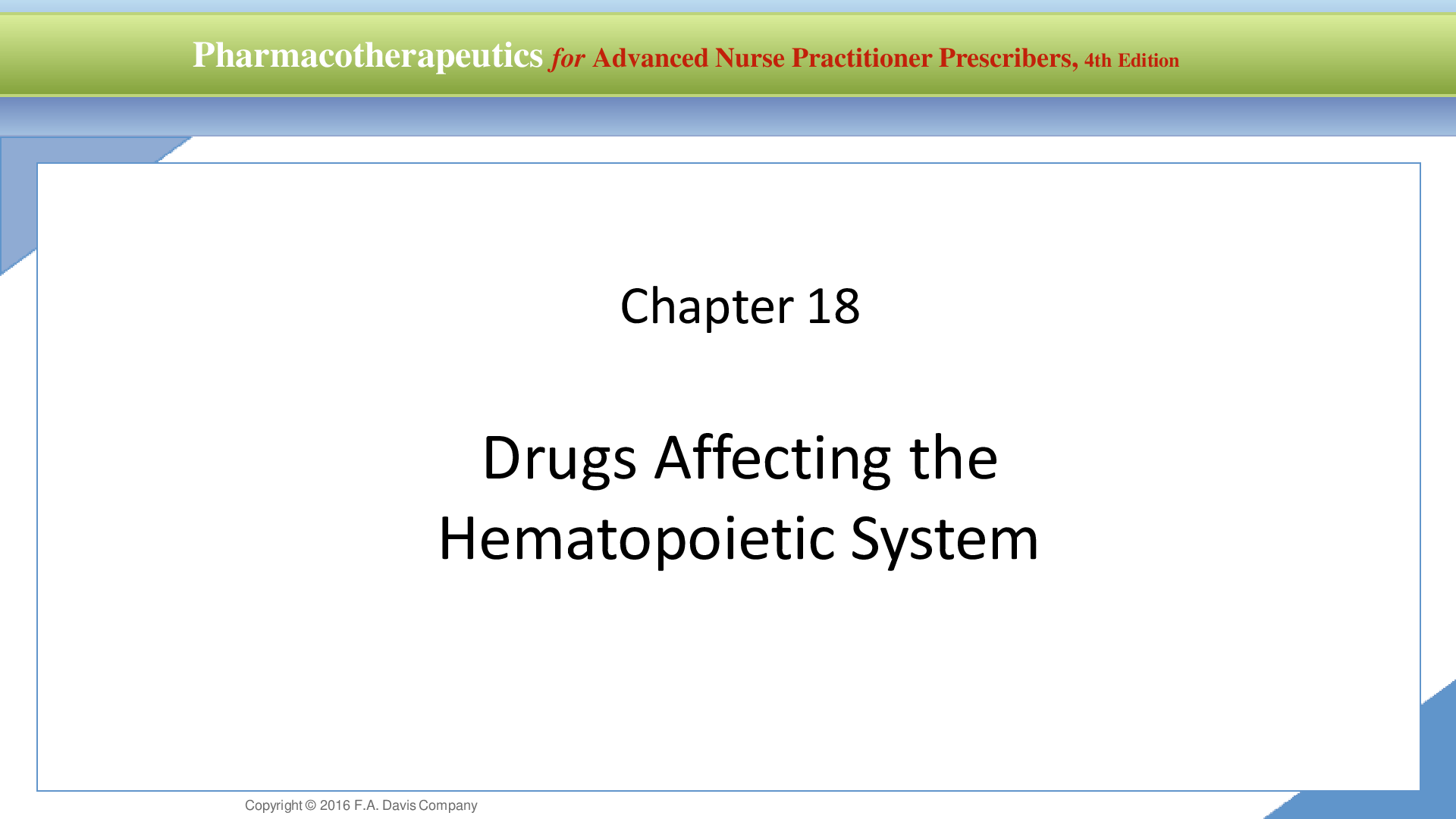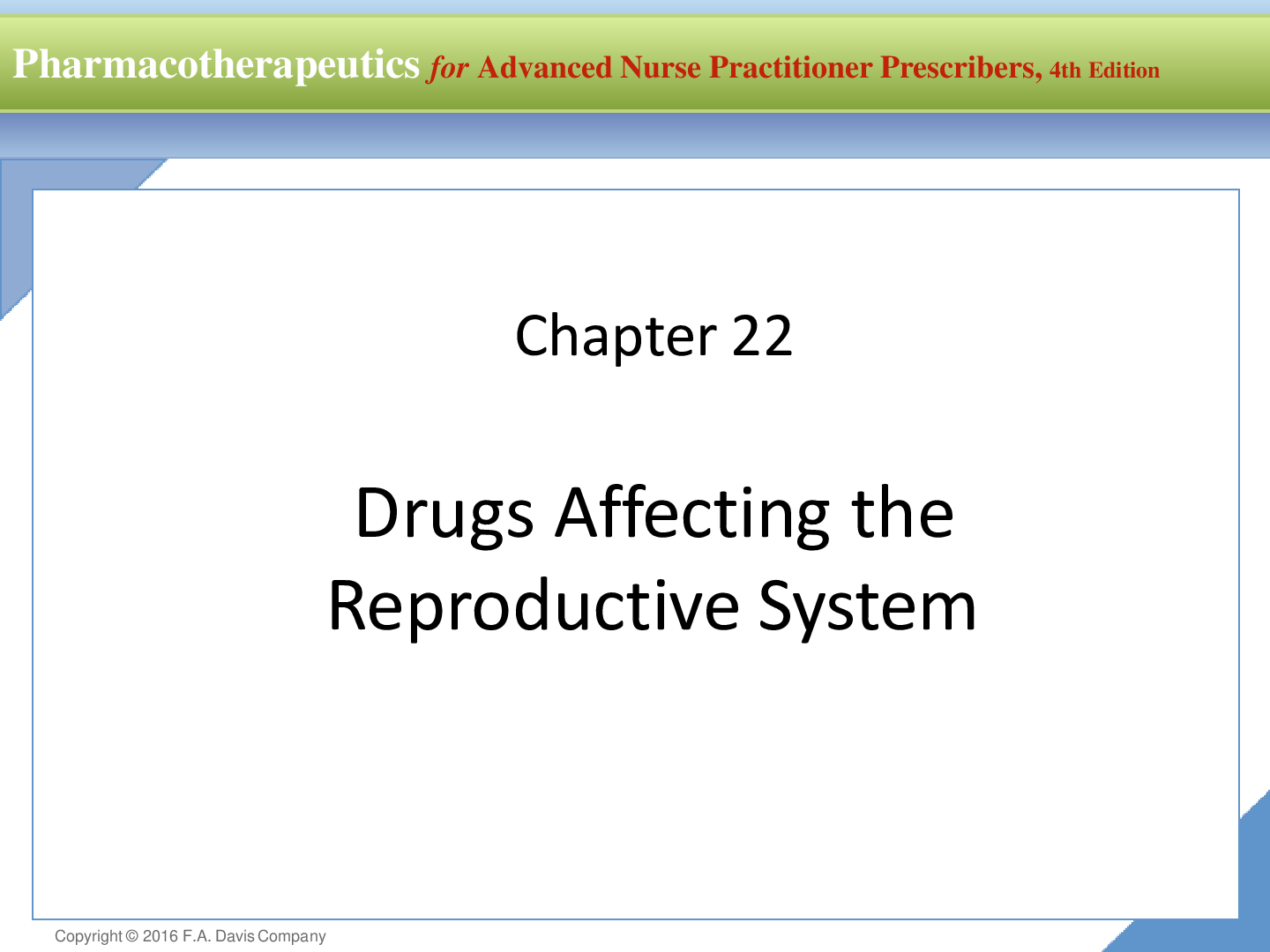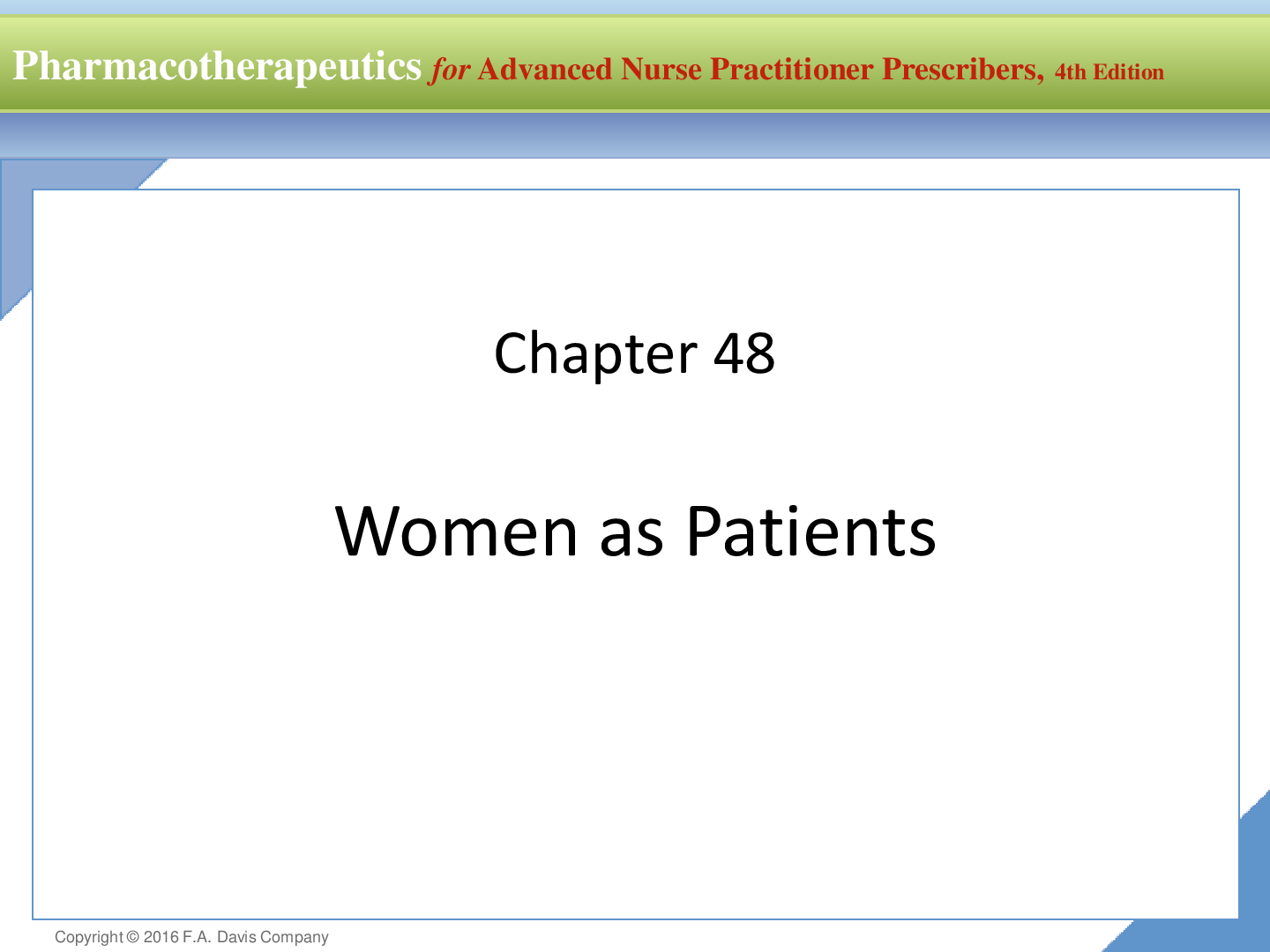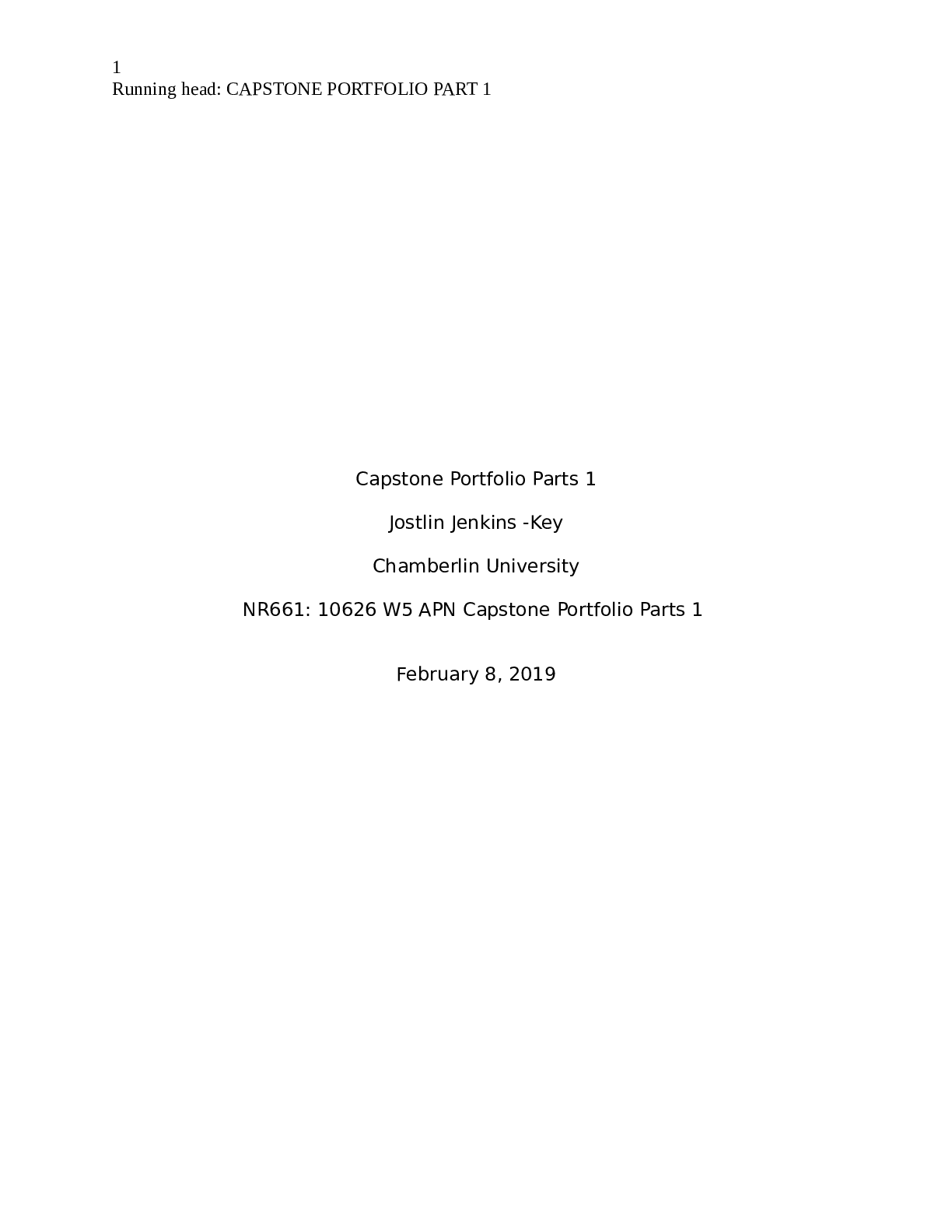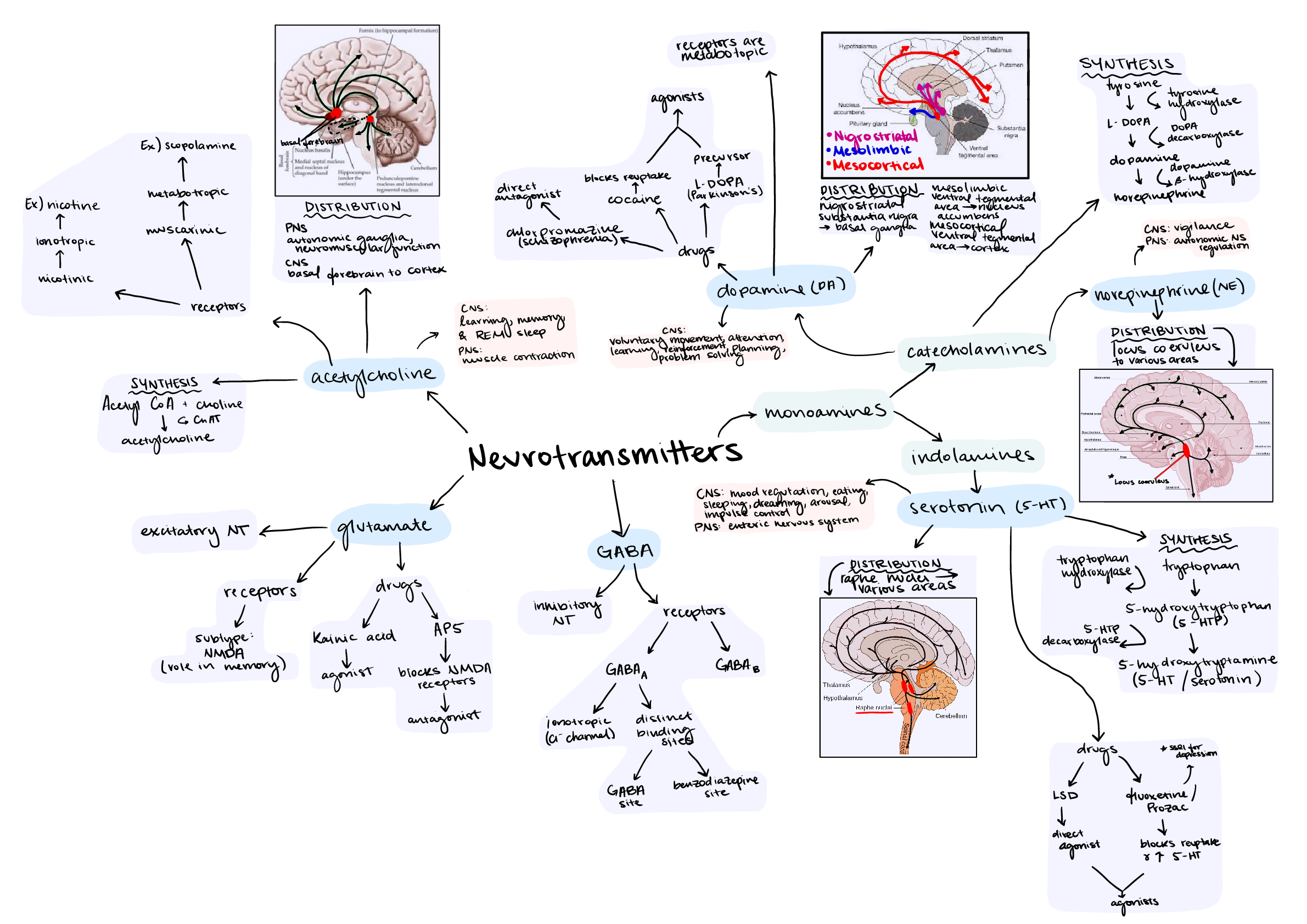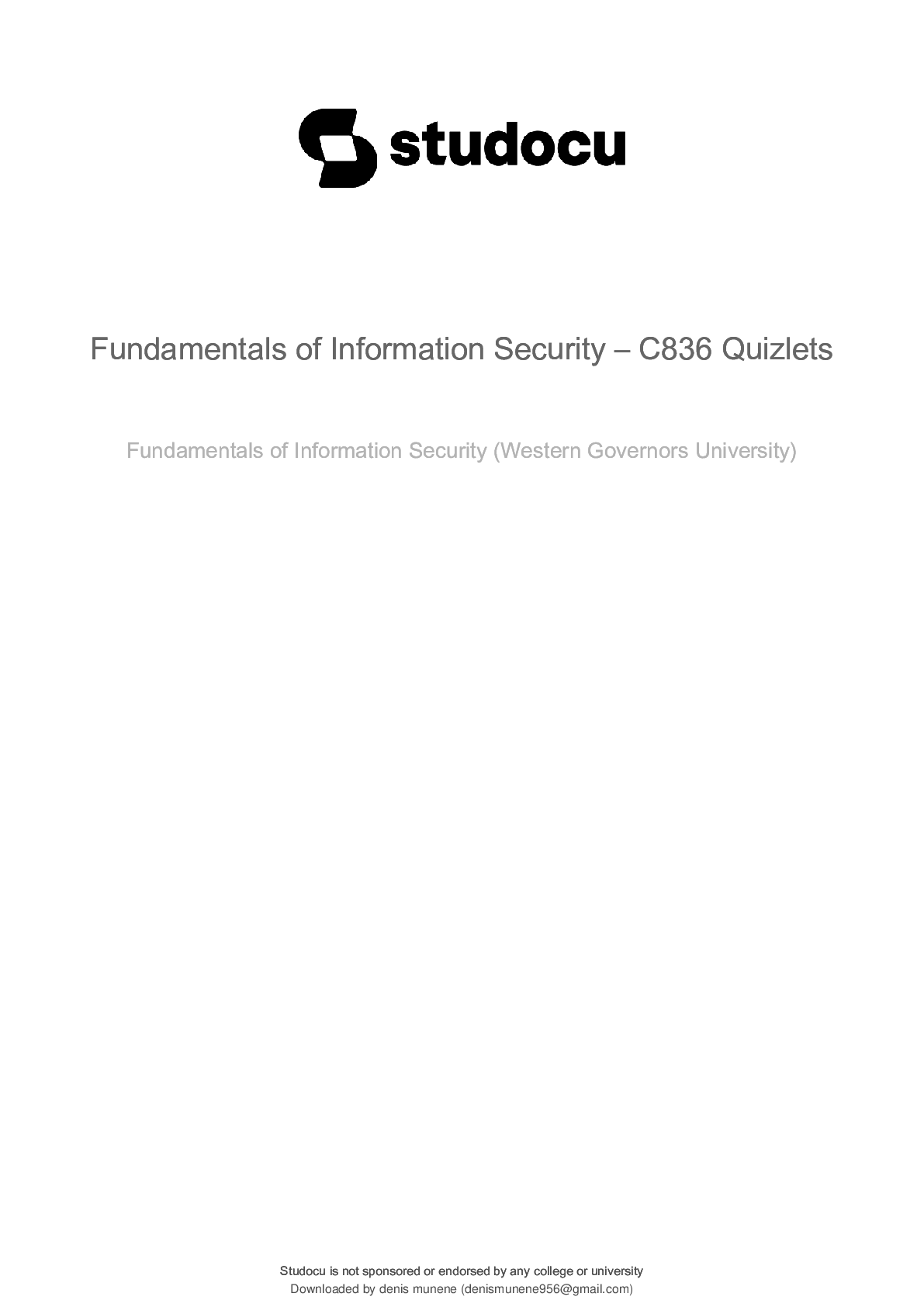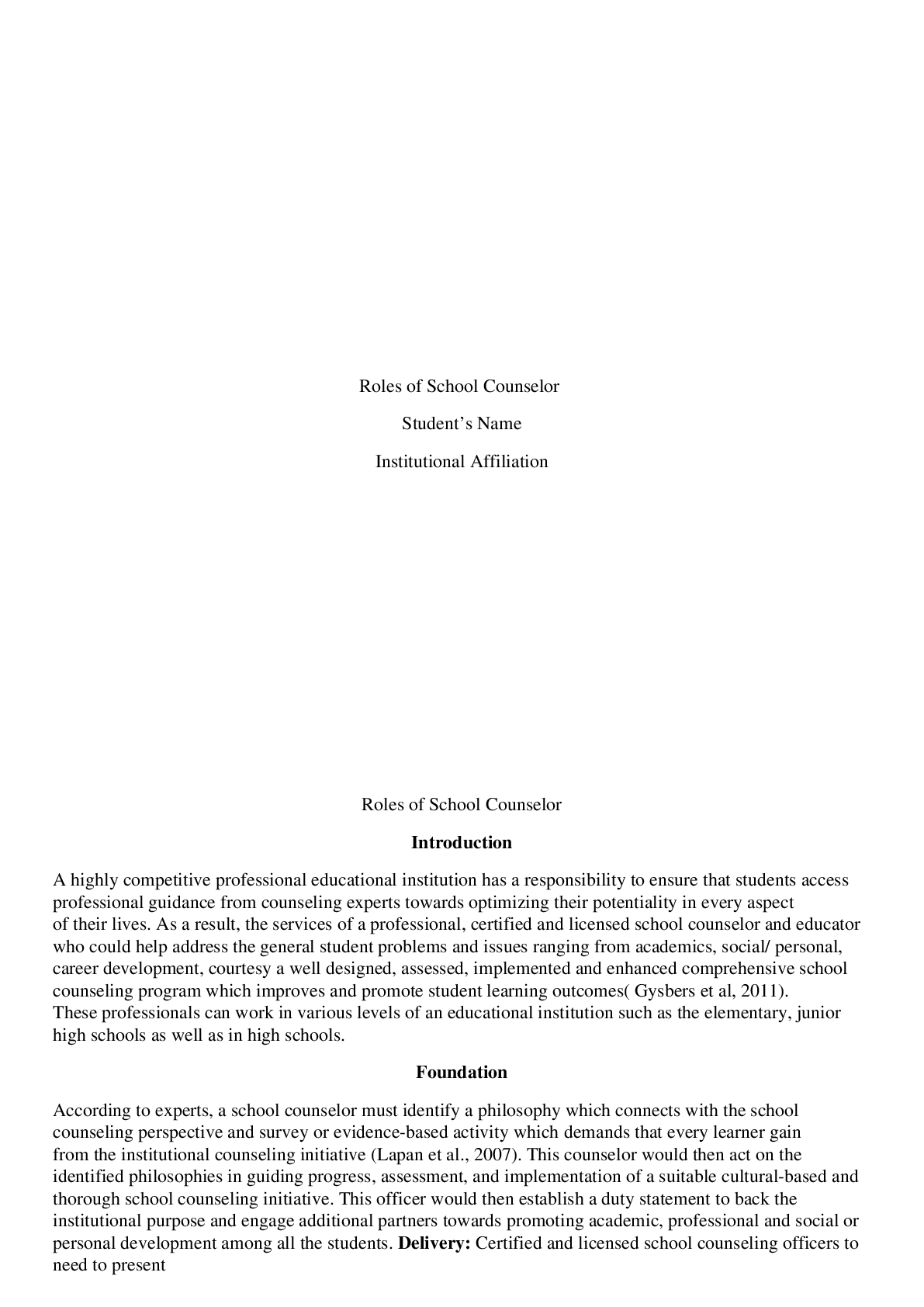Art > Class Notes > HUM 111Montaigne I (no quiz). 16th Century France I (All)
HUM 111Montaigne I (no quiz). 16th Century France I
Document Content and Description Below
“The historical period that encompassed the majority of Montaigne’s adult life was one of the most tumultuous in France’s history, as decades of civil war ravaged the country. The wars of rel... igion (1562-1598) unleashed brutal fighting and destruction as they pitted Catholics, for the most part supported by the king, and Huguenots, an often tenuous confederation of French noblemen and followers of the Reformation, against one another. The conflict between these two camps, which quickly fractured into several different groups, often forced Montaigne to act as an intermediary, and he eventually became associated with a group of moderate Catholics known as the Politiques, who favored peace with the Protestants over unconditional victory.” (Wimmer) 16th Century France I “The importance of these circumstances for Montaigne’s writing is obvious: apart from taking political and religious questions of his time as premises for his reflections, Montaigne partly constructed his portrayal of the human condition from the events unfolding around him. Living in uncertain times, he presented a portrait of himself and humanity which focused on the inability of the mind to arrive at absolute truths beyond those divinely revealed. This uncertainty applied to the political and social as well as the personal, and led him to advocate a skepticism that remains one of the Essays’ most significant contributions. In the face of truth’s inaccessibility, Montaigne offers the suspension of judgment as a means of achieving stability and peace of mind.” (Wimmer) 16th Century France II While the Renaissance was a period of rapid artistic, economic, political, and religious development, it was also an age of intense intolerance. Few were willing to accept beliefs, laws, behaviors, and/or social structures different from their own. Renaissance I “The discovery of so many new lands in the Renaissance had less impact on most Europeans than one might suppose. They were largely absorbed in recovering (and competing with) their own classical past and engaging in violent theological and political disputes among themselves. Yet some Europeans were profoundly shaken by the new discoveries into realizing that much of the world thought and lived very differently from what was then known as ‘Christendom.’ No writer was more strongly moved to view his own society from a new perspective in the light of reports brought back of the habits of the natives of the ‘New World’ than Michel de Montaigne.” (Brians) Renaissance II “Well ahead of its time, ‘Of Cannibals’ challenges the haughty denigration of cannibals that was so common among Montaigne’s contemporaries, but not by arguing that cannibalism itself is a morally acceptable practice. Instead, Montaigne makes the more provocative claim that, as barbaric as these Brazilian cannibals may be, they are not nearly as barbaric as 16th-century Europeans themselves. [Show More]
Last updated: 1 year ago
Preview 1 out of 21 pages
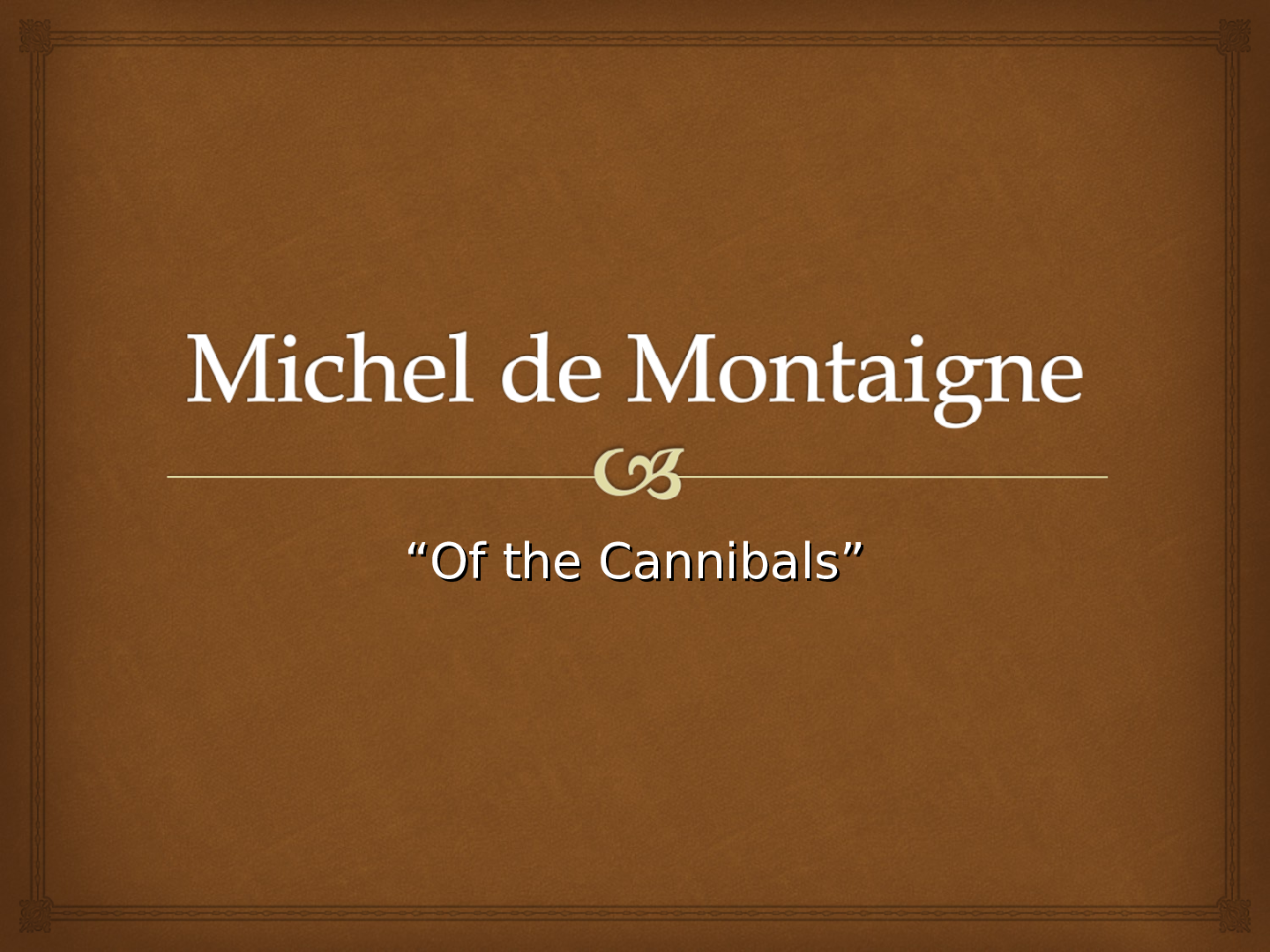
Reviews( 0 )
Document information
Connected school, study & course
About the document
Uploaded On
Sep 01, 2021
Number of pages
21
Written in
Additional information
This document has been written for:
Uploaded
Sep 01, 2021
Downloads
0
Views
90

